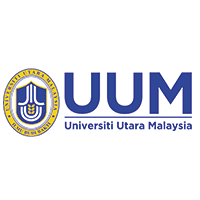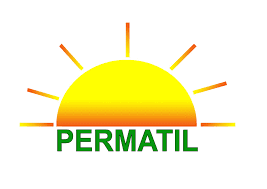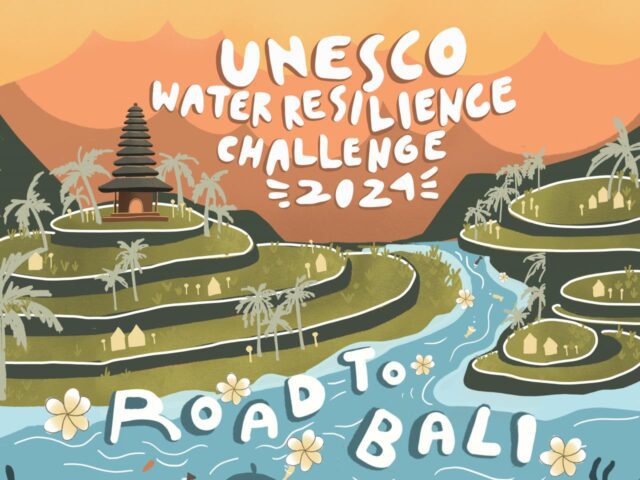For youth to be a driver of transformational change, they need more than innovative ideas and solutions: they need a concrete and tangible contribution that delivers real impact on the ground.
Continuing the journey of the UNESCO Water Resilience Challenge 2023: Youth Action for Water, UNESCO and The Water Agency organise the UNESCO Water Resilience Challenge 2024: Road to Bali to extend support in empowering youths in Southeast Asia.
The winning teams from UWRC 2023 are challenged to bring their ideas from desk to field to their chosen UNESCO-designated sites, including World Heritage Sites, Biosphere Reserves, and UNESCO Global Geoparks, where they aim to overcome the water challenges in the sites.
Through specialised training and mentorships, professional guidance from the board of Experts, and knowledge exchange through peer-sharing, the program cultivates young water leaders ready to implement impactful water projects. The teams are also equipped with the opportunities to engage with the locals, increasing community involvement and local ownership.
Road to Bali
The upcoming 10th World Water Forum 2024 in Bali, Indonesia, with the theme of “Water for Shared Prosperity”, provides a global platform for addressing water-related challenges and promoting sustainable water management practices. Youth engagement in the 10th World Water Forum is strongly featured, and it should be effective, sustainable, and transformative for better changes.
The projects implemented by all teams in this program are targeted to be showcased by UNESCO at the 10th World Water Forum 2024 in Bali. In addition, selected teams are invited to personally present and discuss their projects with the WWF2024 delegates and visitors. These activities demonstrate the potential and power of youth to make a tangible contribution to water resilience.
Program Pillars
UNESCO Water Resilience Challenge 2024: Road to Bali is built based on these three pillars:
- Actionable Results – The program supports the participants to implement their ideas and solutions in-practice and demonstrate how these can make a real difference in addressing critical water problems in UNESCO designated sites.
- Regional Collaboration – Regional collaboration to address problems offers a lot of untapped potential. In the program, we aim to maximise the opportunity for teams—across countries—to share knowledge, learn from each other and contribute to each other’s ideas.
- Engaging Stakeholders – The program will support the participants in identifying and analysing the relevant stakeholders for their project and developing a sound stakeholder engagement strategy (as part of their implementation plan).
Main Activities
‘Desk to Field’ Training
Site Implementation
Expert Mentoring
Checkpoint
Implementation Reporting
Showcasing at 10th WWF
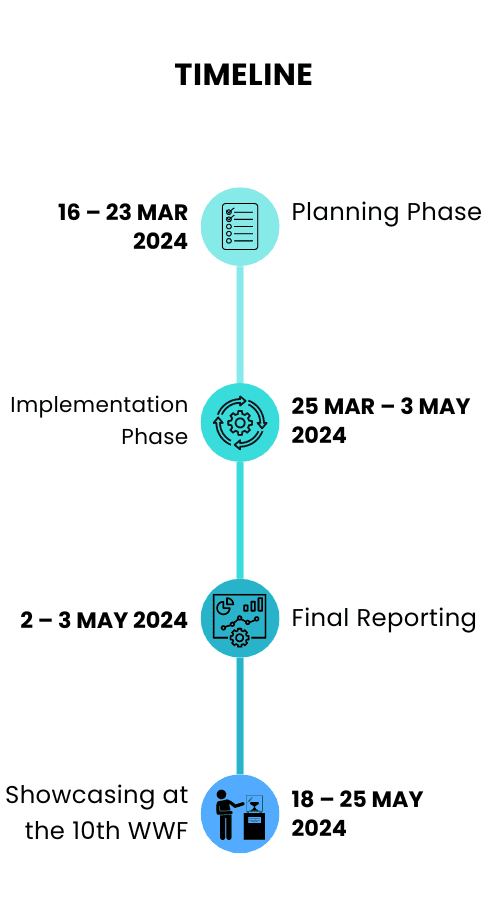
Lead Partners


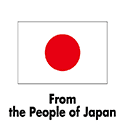
Project Partners
Collaborating for Success: Our Trusted Project Partners
